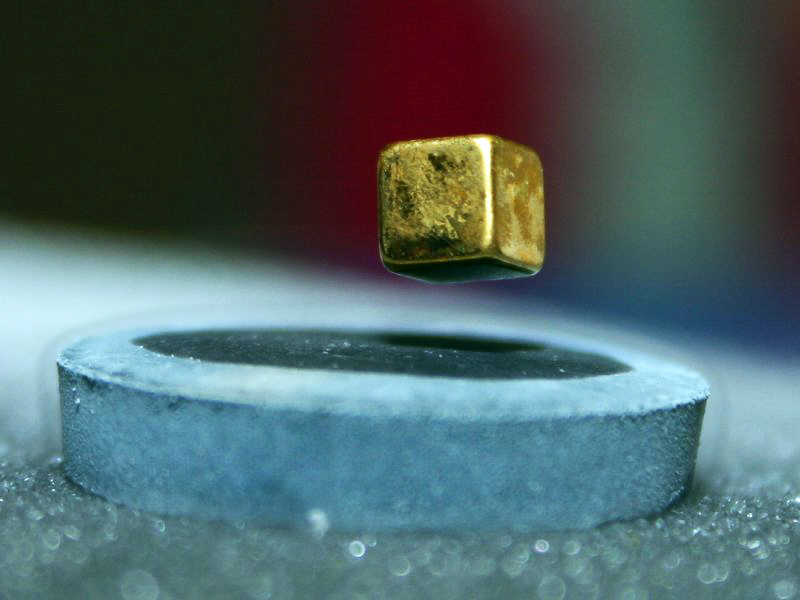A
noun is a type of word the meaning of which determines reality. Nouns provide the names for all things: people, objects, sensations, feelings, etc.
The
adjective is the word that accompanies the noun to determine or qualify it.
The
verb is the part of the sentence that is conjugated and expresses action and state of being.
See the conjugation of the verb aimant in French.
